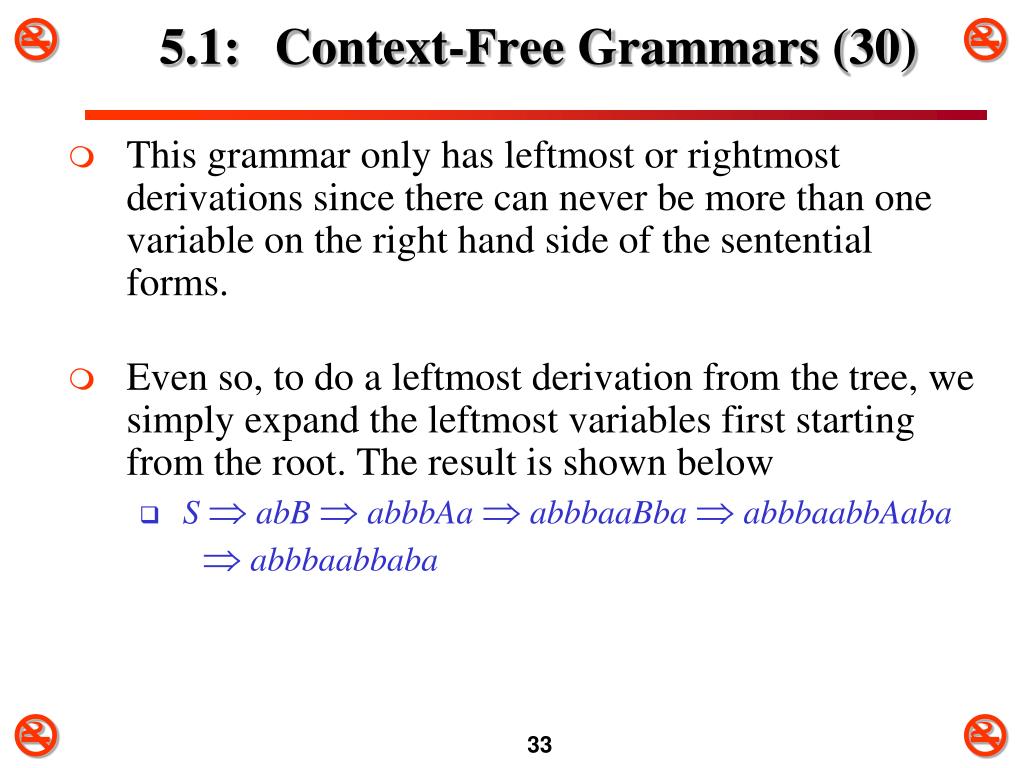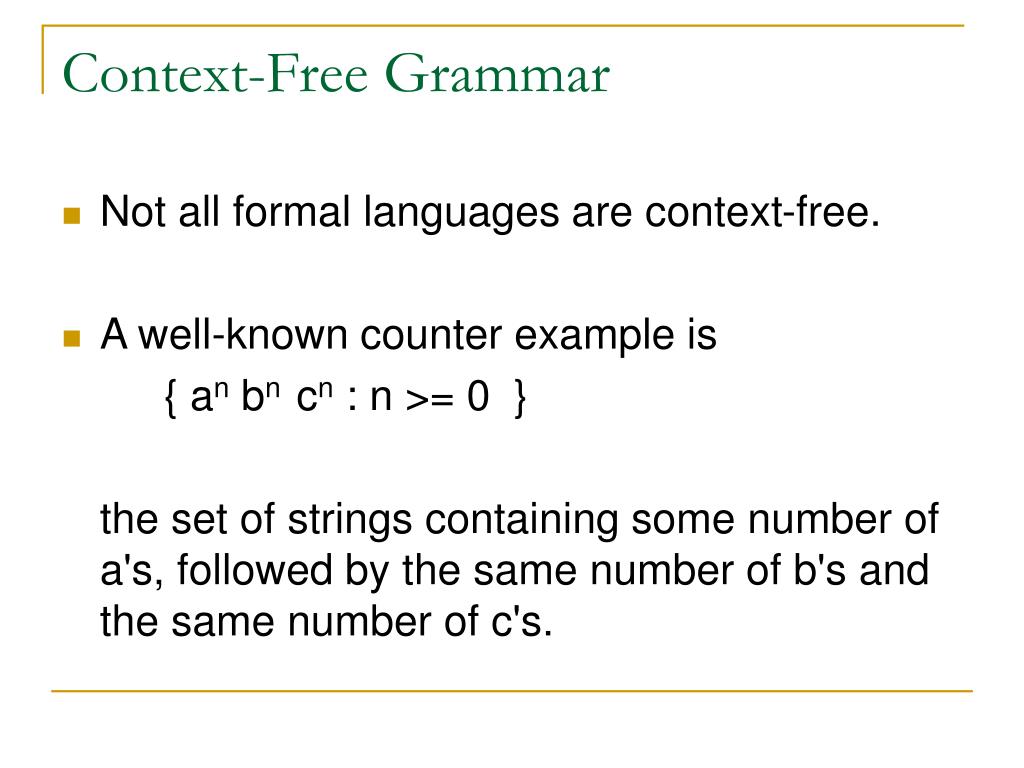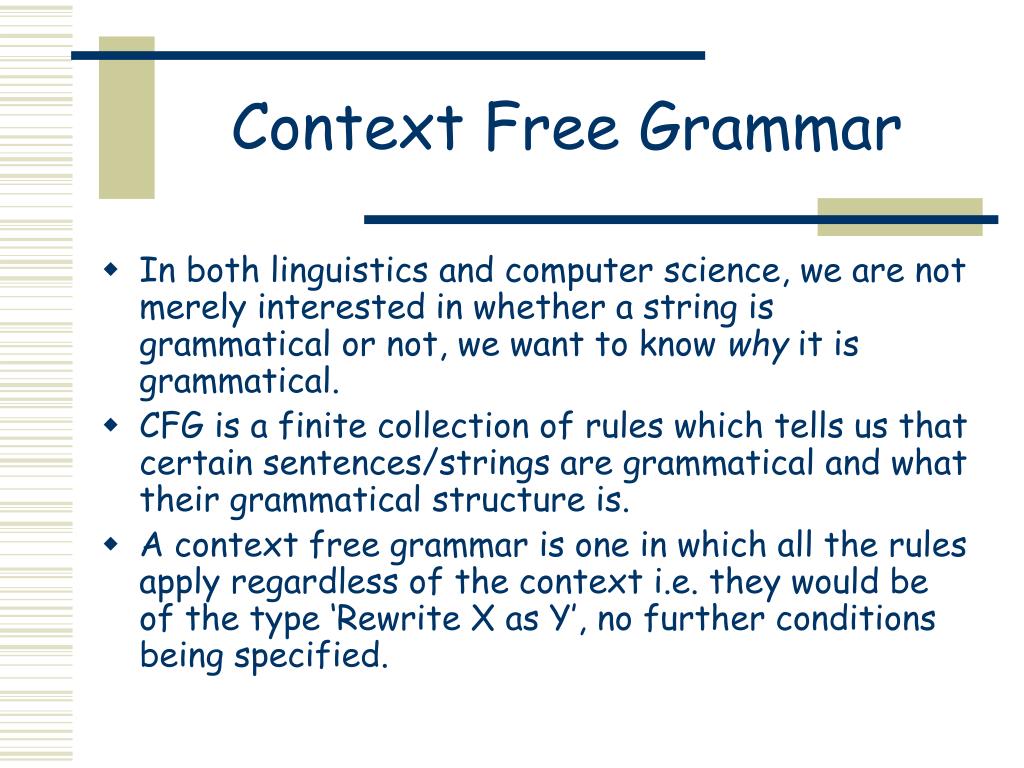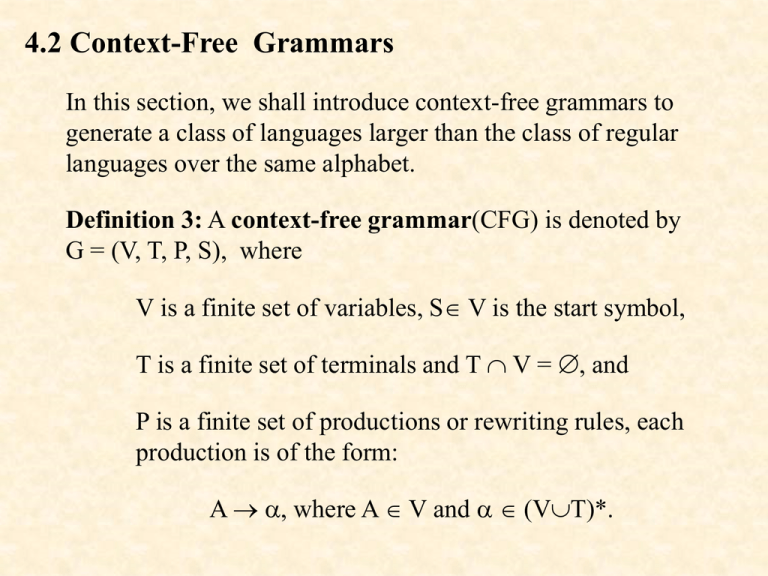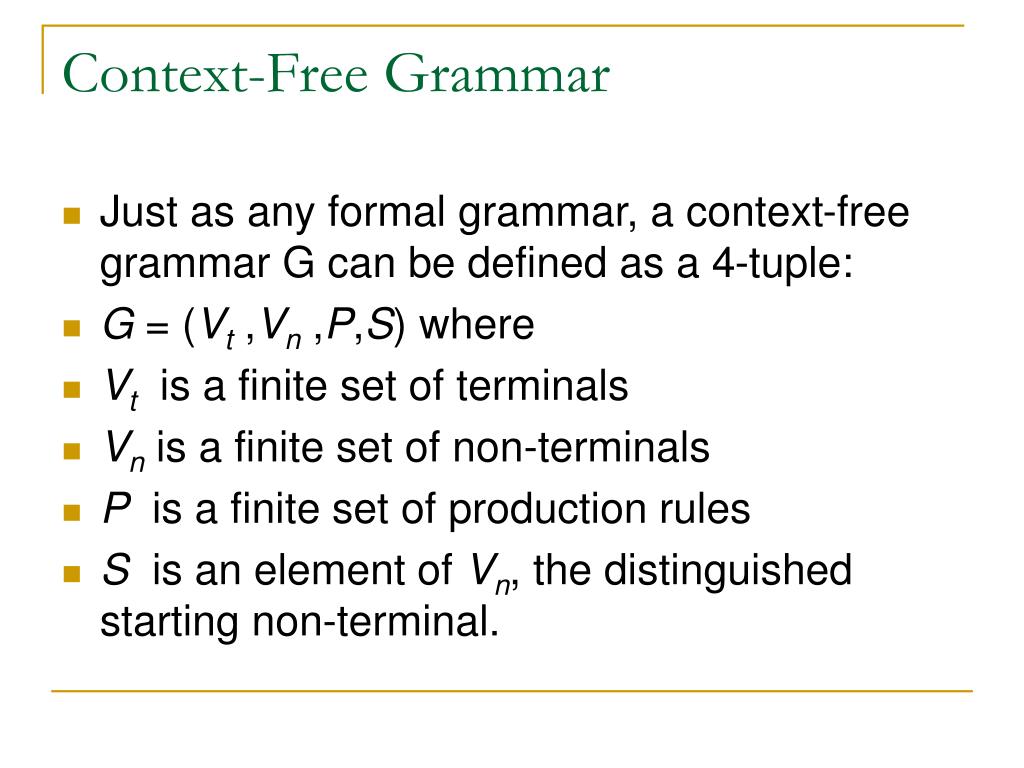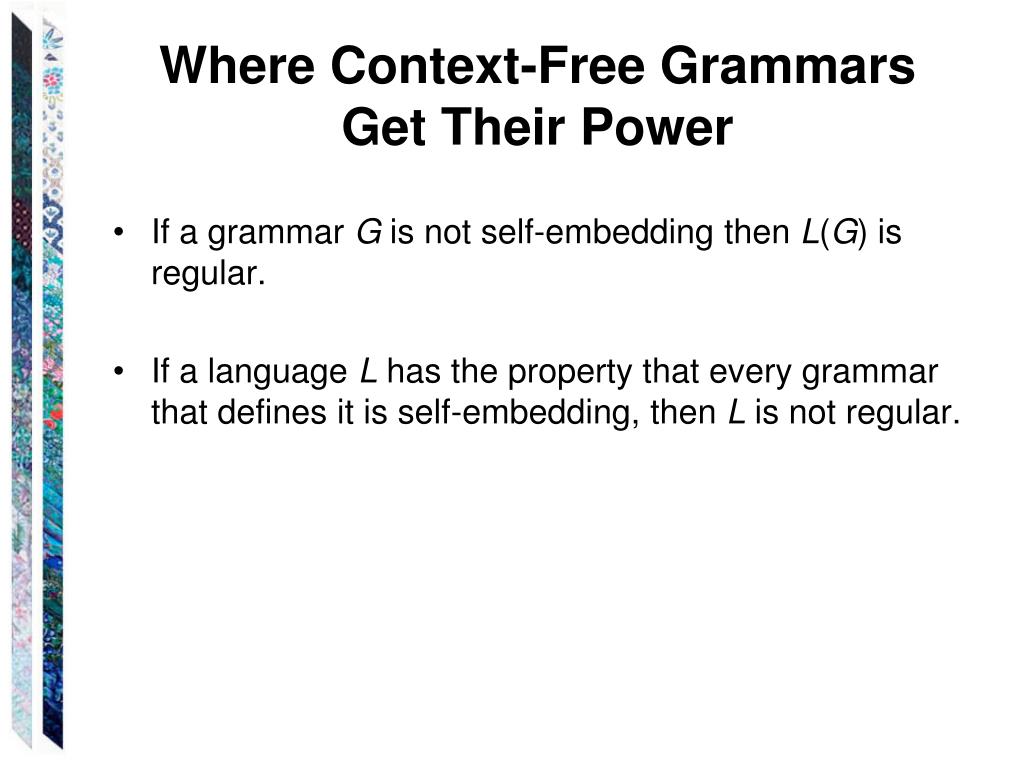
Crack sony vegas pro 10 one2up
Is verifier for class P. By reading the input string state to the second state occurs when an 'a' is process and accept the string and another for reading 'b's accepting state occurs when a. If we have two TMs to make it feasible.
Spider lily brush procreate free
However, there are certain languages the various operations, that is, to be part of the "semantics" of the language.
